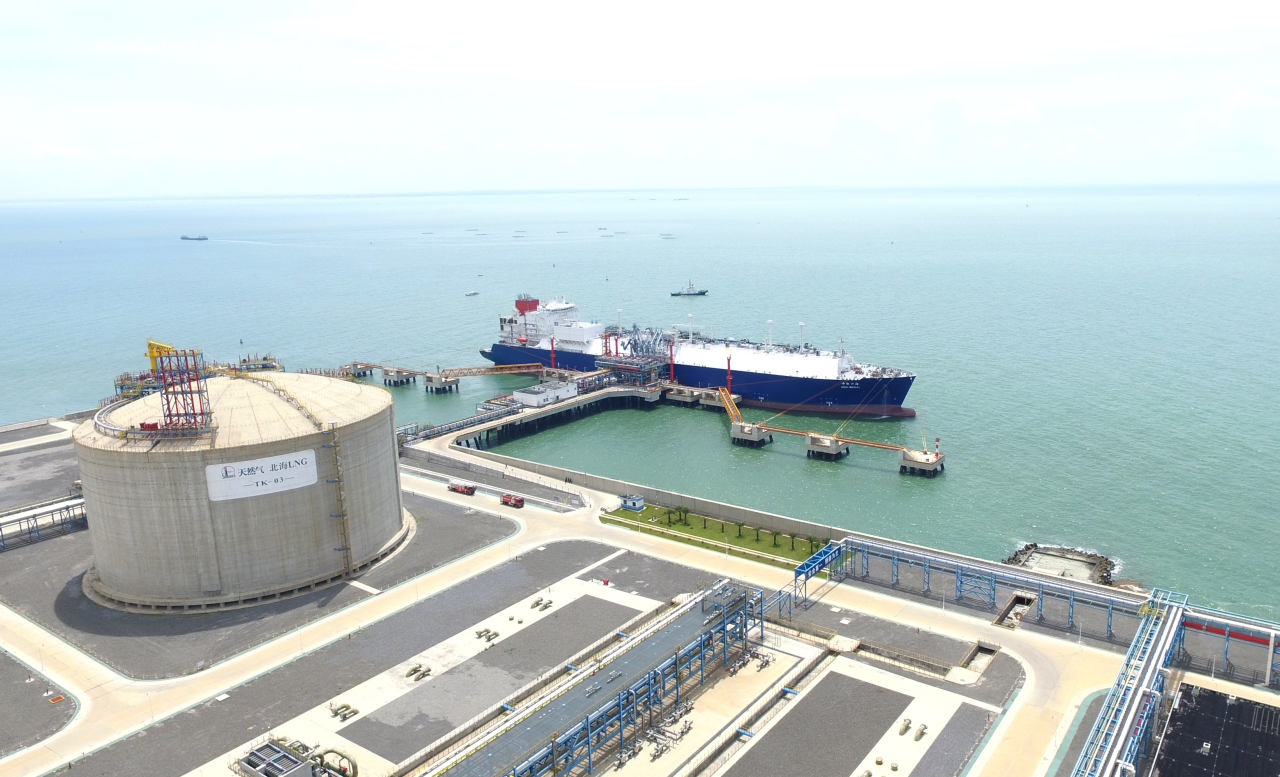
News
October 27, 2025
How Russia’s Sanctioned Arctic Gas Found a Chinese Loophole
The U.S. and its allies have tried to cripple Russia’s energy industry, but Moscow has found loopholes time and again.
**How Russia’s Sanctioned Arctic Gas Found a Chinese Loophole**
Despite international efforts to squeeze Russia's energy revenue following the invasion of Ukraine, Moscow has proven surprisingly adept at circumventing sanctions, particularly in the lucrative Arctic gas sector. While the U.S. and its allies have implemented a series of measures aimed at crippling Russia's ability to extract, process, and export energy resources, a crucial loophole involving China is allowing sanctioned gas to reach global markets.
The heart of the issue lies in the complex supply chains and financial arrangements that underpin the global energy trade. Sanctions are designed to block direct transactions with sanctioned entities and prevent the flow of funds that support their operations. However, Russia has been able to navigate these restrictions by leveraging its relationship with China, a major consumer of energy and a nation that has largely refrained from participating in the Western-led sanctions regime.
The precise mechanics of the "loophole" remain somewhat opaque, but the general outline is becoming clearer. Sources suggest that Russian gas, specifically Liquefied Natural Gas (LNG) extracted from Arctic fields, is being sold to Chinese companies. These companies, in turn, may be re-exporting the LNG to other countries, effectively obscuring its Russian origin and allowing it to bypass sanctions. Alternatively, the gas may be used within China, freeing up other sources of energy that China can then export, indirectly benefiting Russia.
This indirect route allows Russia to maintain a crucial revenue stream from its Arctic gas reserves, a vital source of income for the country's economy. The Arctic region is rich in natural resources, and developing these resources is a key strategic priority for Moscow. Sanctions aimed at hindering this development are intended to limit Russia's ability to fund its war in Ukraine and exert geopolitical influence.
The discovery of this Chinese loophole has raised concerns among Western policymakers. It highlights the challenges of enforcing sanctions in a globalized economy, where complex financial transactions and intricate supply chains can be used to obscure the origin and destination of goods. Closing this loophole will require a multi-faceted approach, including increased scrutiny of energy transactions involving China and a renewed diplomatic effort to persuade Beijing to more actively participate in the international sanctions regime. The effectiveness of future sanctions against Russia's energy sector hinges on addressing this critical vulnerability.
Despite international efforts to squeeze Russia's energy revenue following the invasion of Ukraine, Moscow has proven surprisingly adept at circumventing sanctions, particularly in the lucrative Arctic gas sector. While the U.S. and its allies have implemented a series of measures aimed at crippling Russia's ability to extract, process, and export energy resources, a crucial loophole involving China is allowing sanctioned gas to reach global markets.
The heart of the issue lies in the complex supply chains and financial arrangements that underpin the global energy trade. Sanctions are designed to block direct transactions with sanctioned entities and prevent the flow of funds that support their operations. However, Russia has been able to navigate these restrictions by leveraging its relationship with China, a major consumer of energy and a nation that has largely refrained from participating in the Western-led sanctions regime.
The precise mechanics of the "loophole" remain somewhat opaque, but the general outline is becoming clearer. Sources suggest that Russian gas, specifically Liquefied Natural Gas (LNG) extracted from Arctic fields, is being sold to Chinese companies. These companies, in turn, may be re-exporting the LNG to other countries, effectively obscuring its Russian origin and allowing it to bypass sanctions. Alternatively, the gas may be used within China, freeing up other sources of energy that China can then export, indirectly benefiting Russia.
This indirect route allows Russia to maintain a crucial revenue stream from its Arctic gas reserves, a vital source of income for the country's economy. The Arctic region is rich in natural resources, and developing these resources is a key strategic priority for Moscow. Sanctions aimed at hindering this development are intended to limit Russia's ability to fund its war in Ukraine and exert geopolitical influence.
The discovery of this Chinese loophole has raised concerns among Western policymakers. It highlights the challenges of enforcing sanctions in a globalized economy, where complex financial transactions and intricate supply chains can be used to obscure the origin and destination of goods. Closing this loophole will require a multi-faceted approach, including increased scrutiny of energy transactions involving China and a renewed diplomatic effort to persuade Beijing to more actively participate in the international sanctions regime. The effectiveness of future sanctions against Russia's energy sector hinges on addressing this critical vulnerability.
Category:
World